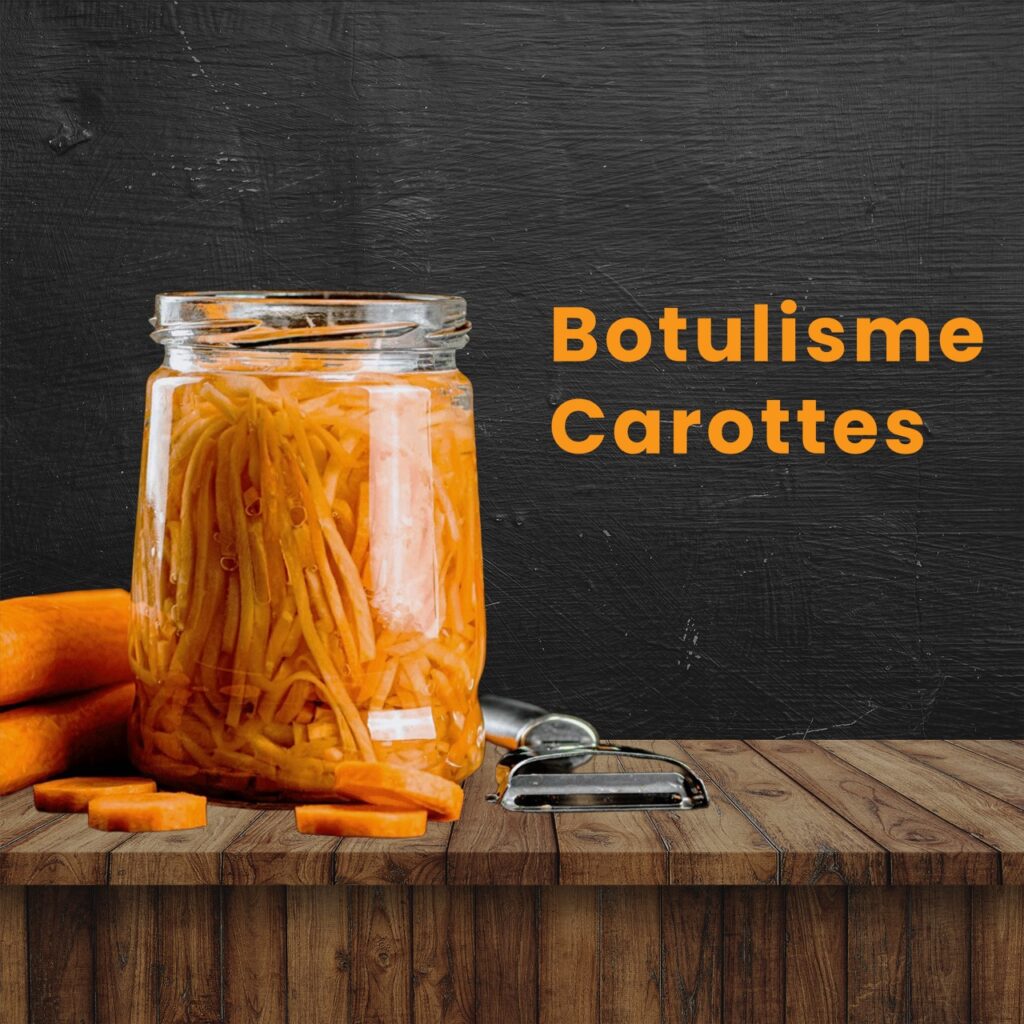In recent years, France has experienced occasional botulism cases associated with improperly stored carrots, raising public health alarms and emphasizing the importance of food safety awareness. Botulism is an uncommon yet possibly deadly condition caused by Clostridium botulinum, which occurs when the bacteria generate neurotoxins in oxygen-free (anaerobic) settings—often found in improperly processed canned or jarred foods. Although the condition is uncommon, its seriousness renders each instance a national concern, particularly when linked to popular vegetables such as carrots.
In 2023 and 2024, French health officials documented isolated botulism instances linked to homemade or artisanal preserved carrots. These events mainly occurred in small communities where conventional food preservation techniques are still commonly used. The issue typically arises from not achieving the proper sterilization temperature or inadequate acidification, both vital for eliminating Clostridium botulinum spores. Carrots, as low-acid vegetables, are particularly at risk when preserved without proper pressure canning or the addition of acidic components like vinegar or lemon juice.
A significant outbreak emerged in early 2024 in the Occitanie region, where five people showed symptoms of botulism after eating homemade preserved grated carrots during a community event. Symptoms consisted of double vision, muscle weakness, and breathing issues, which are all characteristic signs of botulinum toxin exposure. The French National Public Health Agency (Santé Publique France) reacted by releasing urgent recommendations on secure home-canning methods and urging individuals with symptoms to obtain prompt medical attention. Thankfully, with prompt delivery of antitoxins and critical care, the majority of patients improved, although one needed extended respiratory assistance.
French officials have since initiated various public awareness initiatives to inform the public about the risks of inadequate food storage. These activities encompass disseminating brochures, airing television and radio commercials, and refreshing food safety information on government websites. They emphasize the significance of utilizing pressure canners, boiling canned vegetables prior to eating, and throwing away any jars with swollen lids, unpleasant odors, or discolored contents. The French Ministry of Agriculture has started providing
In addition to the direct health dangers, these botulism incidents have sparked discussions regarding the oversight of artisanal food sales at markets and fairs. Although these foods are workshops in rural regions where traditional preservation techniques are prevalent.culturally important and widely enjoyed, they can present dangers if hygiene and preservation guidelines are not adhered to. Certain consumer advocacy organizations advocate for compulsory training and certification for home preservers who market their goods, whereas others propose a balanced strategy that honors traditional cooking methods while safeguarding public health.
In summary, the rise of botulism cases associated with canned carrots in France highlights the crucial need for correct food preservation. It emphasizes that a common vegetable can turn into a carrier of a lethal toxin if safety measures are overlooked. With an increasing number of individuals opting for homegrown and homemade foods for authenticity and sustainability, it is essential to complement these practices with scientifically established safety protocols. France’s continuous response demonstrates a reverence for tradition alongside a dedication to contemporary food safety standards, aiming to avert future outbreaks while upholding the rich legacy of French cuisine.

